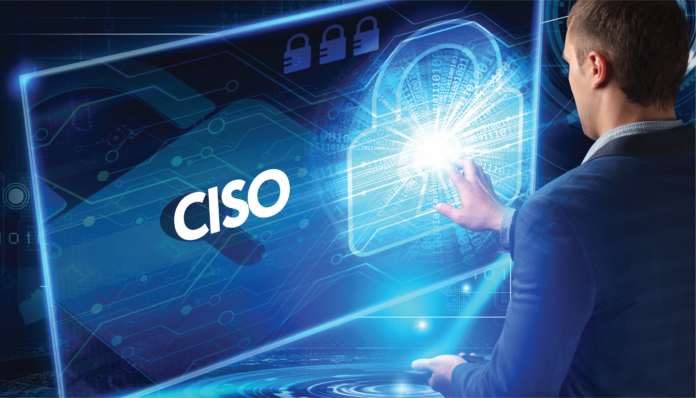With the global pandemic affecting businesses and the threat environment changing dramatically, it is no longer enough just to have good technical skills to be an effective security leader today.
CISOs are increasingly being asked to do more than just implement security for defense. They are being asked to drive business objectives forward, manage collaborative teams, and serve as an ambassador for security in the organization.
When it comes to implementing effective security measures, companies often focus on concrete aspects, such as drafting security policies or risk management systems. While these parts of data security are still crucial, the role has evolved to include business leadership responsibilities. The CISO is now recognized as a crucial member of the executive team, and its function is no longer limited to the technical aspects of information security.
Here are a few skills that every CISO needs today and in the future to be successful:
Empathy
It is not the responsibility of cybersecurity to provide perfectly secure systems. It is the responsibility of cybersecurity to allow the organization to deliver its service or product while staying within its risk tolerance. This realization marks a watershed moment in the digital economy, and leading a cybersecurity firm that fulfills that objective necessitates empathy.
Empathy is what allows a CISO to interact effectively with the workforce, leaders, and customers, who, in the end, determine the right amount of risk tolerance. CISOs and their security departments need to function with empathy.
Also Read: The Role of a Modern CISO – Steering Through Challenges
Communication Skills
Communication skills are vital because the ability to connect effectively inside the company is critical to the success of the business information security program. The CISO should first understand the goals and concerns of the executive team as they relate to the organization’s mission and then present the information security program as a response to these demands.
The CISO should communicate to peer team members and users that information security findings are not punitive or accusatory and that the policy is not intended to prevent them from doing their jobs. Instead, the security policy exists to assist everyone in performing their responsibilities more effectively and safely.
To ensure effective communication, the CISO should develop a rigorous organizational change management process that explains how information security improvements are designed to protect the organization and, ultimately, the jobs of all employees.
Understanding of the Company and its Mission
It is the CISO’s responsibility to work with mission leaders to ensure that new security projects add mission value and, as a result, improve organizational productivity and resiliency.
The CISO should seek out mission leaders to promote and drive new security projects and support ongoing security activities after this relationship has been developed and adequately conveyed to the enterprise. As a result, the security project becomes a mission activity.
Conflict Resolution and Collaboration Skills
The CISO is now expected to interact with the mission team members, end-users, and technologists. When partnering with the mission team, the CISO works with them to resolve issues that have an impact on the organization’s ability to operate successfully. When working with technologists, the CISO must ensure that security requirements are clearly communicated, and appropriate guidance is offered. When working with end-users, it is critical to offer training that encourages end users to adopt information security practices.
For more such updates follow us on Google News ITsecuritywire News









